Peaceful Transitions: Stories of Success and Compassion; Plan Now, Die Later–Ironclad Strategy
$44.10
Description
What are the greatest end-of-life fears? -Days to weeks of unending, unbearable pain and suffering. -Months to years of lingering in Advanced Dementia. -Worse: you may suffer from BOTH. Why? Because doctors may not recognize pain if you cannot talk or complain. In badly damaged brains, behavior may not be typical for pain. Why is Advanced Dementia a most feared disease? It is the cruelest, longest, most frustrating and costliest. Is there any option, if mental deterioration becomes devastating? YES but traditional Living Wills rarely offer it. Physician-Assisted Dying cannot work: it requires your mind to be sound. Premature dying is unnecessary and tragic. Natural Dying can avoid both prolonged dying and premature dying. You receive all needed Comfort Care but forgo all ”dying-prolonging treatments”. Spoon feeding and tube feeding are nurturing for others, but for Advanced Dementia patients who did NOT give informed consent when mentally capable, spoon feeding violates the First Principle of Medical Ethics, DO NO HARM. Why? Because it can: -Prolong your dying process; -Increase your risk of unrecognized, untreated pain and suffering; -Increase your risk of aspiration pneumonia; and, -Force you to starve to death, slowly. The book’s Natural Dying–Living Will is the first to offer this option: to give or to refuse consent for future spoon-feeding. How will my future doctor and proxy/agent agree WHEN it is time for Natural Dying? To describe your future condition, you select specific Criteria from a comprehensive list. Optional: use the illustrated My Way Cards tool to decide about each symptom, one-at-a-time. Dying by medical dehydration can be peaceful and usually occurs within two weeks. What about unbearable pain and suffering? The Natural Dying–Living Will lets you request Sedation to Unconsciousness–if no other way can relieve unending, unbearable pain and suffering. (A rarely offered option). Is this Living Will all I need? NO. A Living Will is merely a REQUEST–Pillar I of the ”ironclad strategy.” Pillar II is: Ask your current physician to verify your informed consent for both Natural Dying and Sedation to Unconsciousness by signing recommended forms. Pillar III: Empower your proxy by you both signing an irrevocable agreement. Pillar IV: Swear/affirm an affidavit–a ”trump card”–so your proxy can fulfill this job description: to make sure others honor your Known Wishes. More: Follow suggestions on how to select a proxy you can trust. Take steps to let 9-1-1 first responders and future doctors know your urgent wishes, retrieve your most current forms–so they can learn what treatments you DO or do NOT want. Also, find out if you might have a ”little dementia”–in private. Isn’t this a lot of work? Yes, a couple of hours… so read the motivating stories. They show how diligent planning makes a huge difference in how long and how much one may suffer before dying; explain why powerful interest groups oppose Natural Dying and Sedation to Unconsciousness; and reveal how new highly promoted physician order (POLST) forms may override your prior expression of wishes–after you lose mental capacity. Then you’ll want the strategies to overcome these challenges. A priest/ethicist’s essay explains why Natural Dying is consistent with Catholic teachings. The goal is to attain timely transitions–neither prolonged nor premature–that are as peaceful as possible for you and your loved ones. After completing your ”ironclad strategy, ” you need not worry if others will force you to endure a premature or prolonged dying. Relax and enjoy the rest of your life.
Author: Terman Phd MD, Stanley A
Topic: Family / Parenting / Childbirth
Media: Book
ISBN: 1933418265
Language: English
Pages: 224
Additional information
| Weight | 1.79 lbs |
|---|---|
| Dimensions | 11 × 8.5 × 0.56 in |


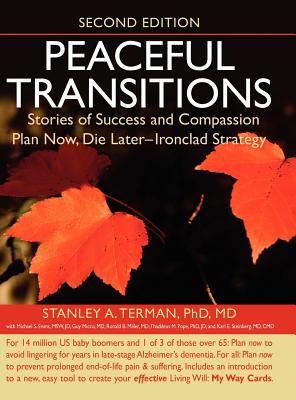
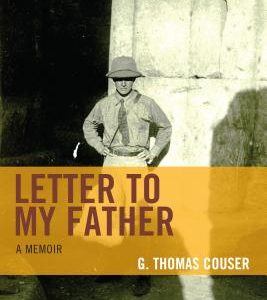
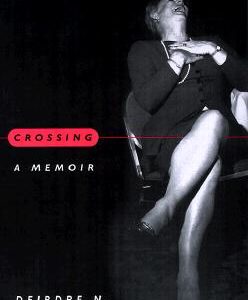
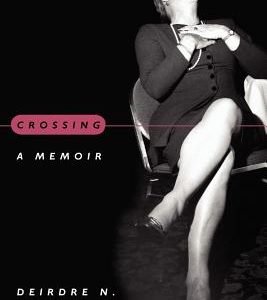
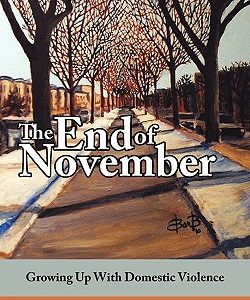
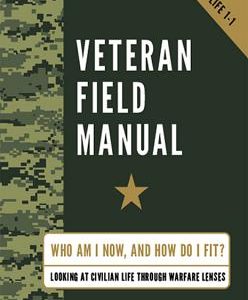

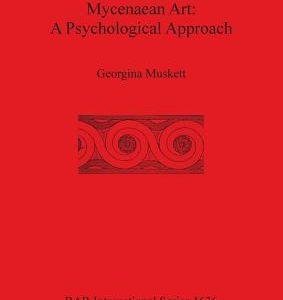
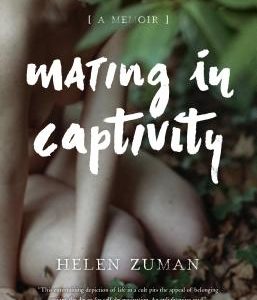
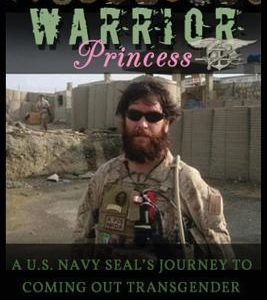
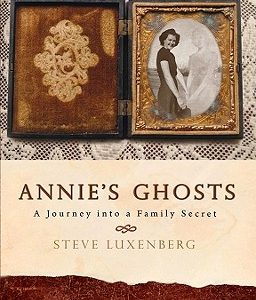
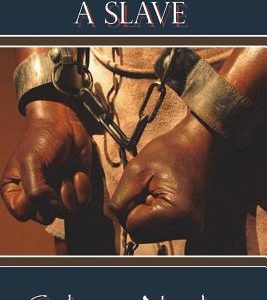
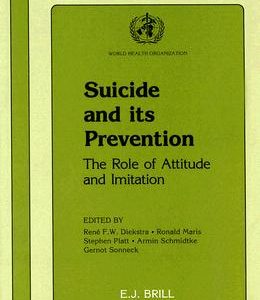
Reviews
There are no reviews yet.